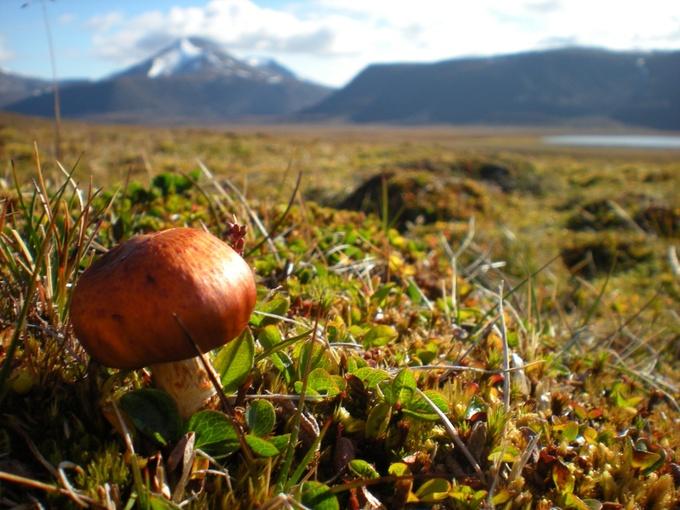
Background and context
The arctic tundra is experiencing profound warming-induced changes. As a response to warming temperatures, marked changes have already been observed in terrestrial arctic ecosystems, including increased microbial activity leading to increased nutrient availability in soils and shifts in land surface vegetation. The abundance and extent of arctic shrubs have been increasing, leading to positive feedbacks on ecosystem change.
Fungi, including symbionts, pathogens and decomposers, play crucial roles in community dynamics and nutrient cycling in terrestrial ecosystems. Despite their ecological importance, the responses of most arctic fungi to climate warming is unknown, so are their potential roles in driving the observed and predicted changes in tundra communities.
Objectives and goals
1) Assess phylogenetic and taxonomic diversity of selected genera of arctic fungi
Fungi represent one of the largest groups of living organisms, with an estimated >95% species still unknown. The task of discovering a significant portion of yet unknown fungal species has only recently become possible with the advent of high-throughput DNA sequencing of environmental samples, such those featured in this project.
2) Identify fungal taxa that show response to long-term experimental manipulations simulating climatic changes
Our previous projects proved that warming-induced changes in the composition of fungal communities are species-specific, and may be masked when communities are compared at higher taxonomic levels (family, order, or class). In this project, we will focus on 1-2 selected mushroom genera that are key symbionts of arctic shrubs to better understand how their species respond to climate change.
Methods, tasks and approach
Phylogenetic analyses of DNA sequences already obtained from soil and fruitbody samples from Alaska, Greenland, and Svalbard. Ecological statistical analyses of fungal species assemblages in various experimental plots.
Requirements
BSc degree in biology (in case of a bachelor’s project completion of the 1stand 2nd year of the biology programme)